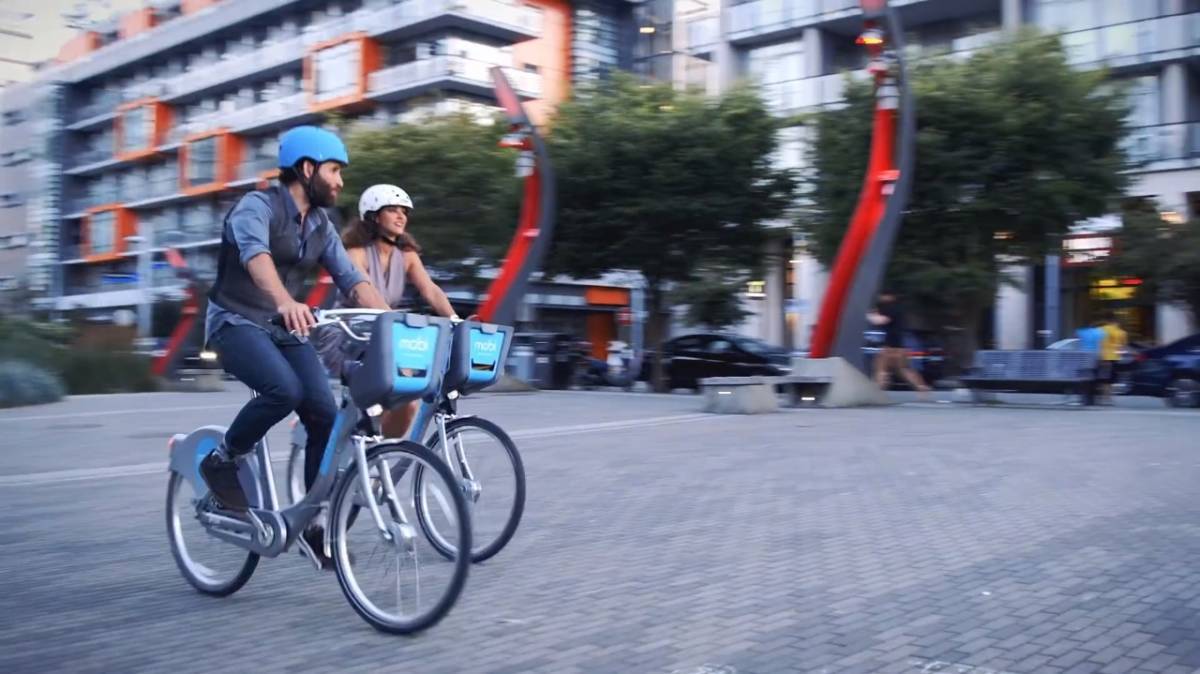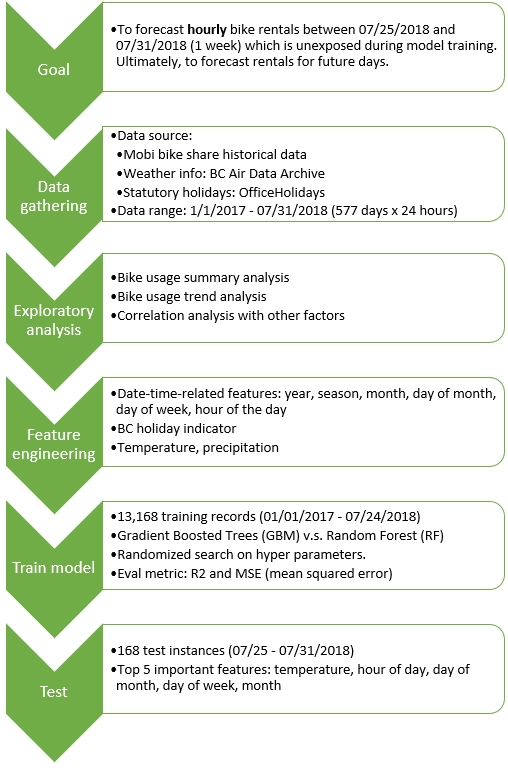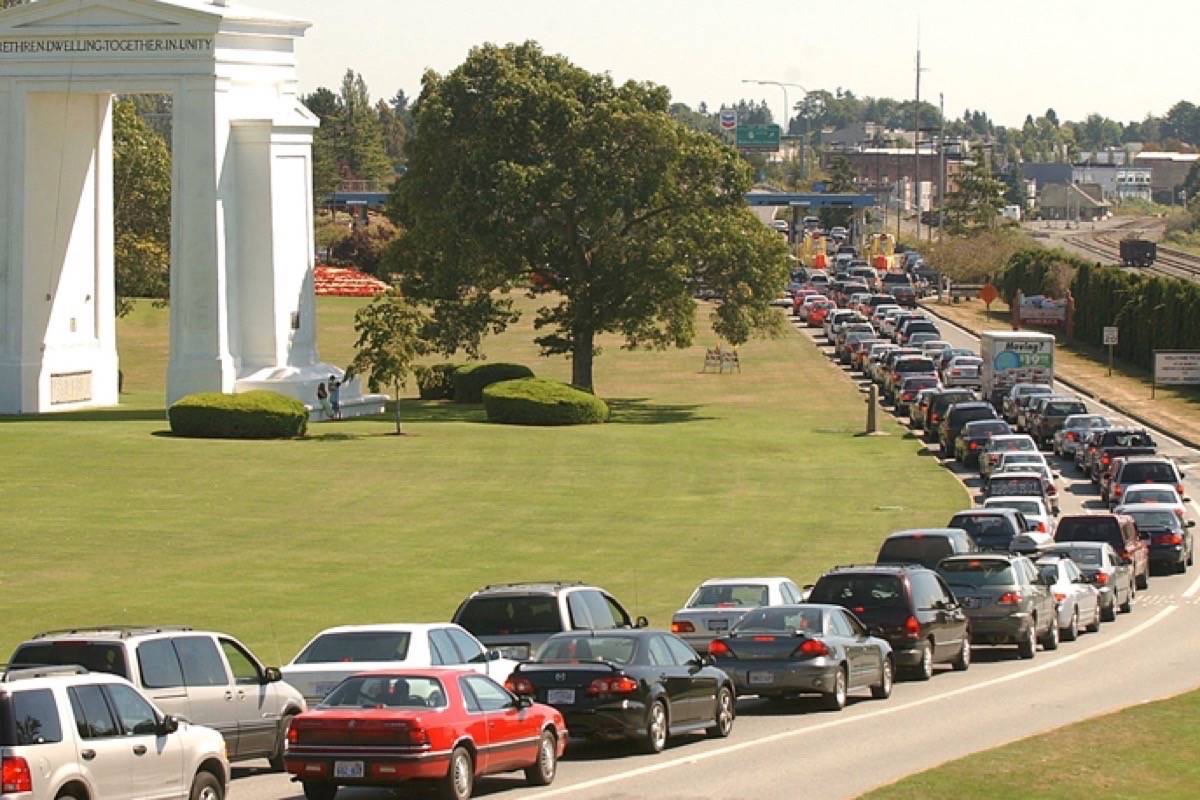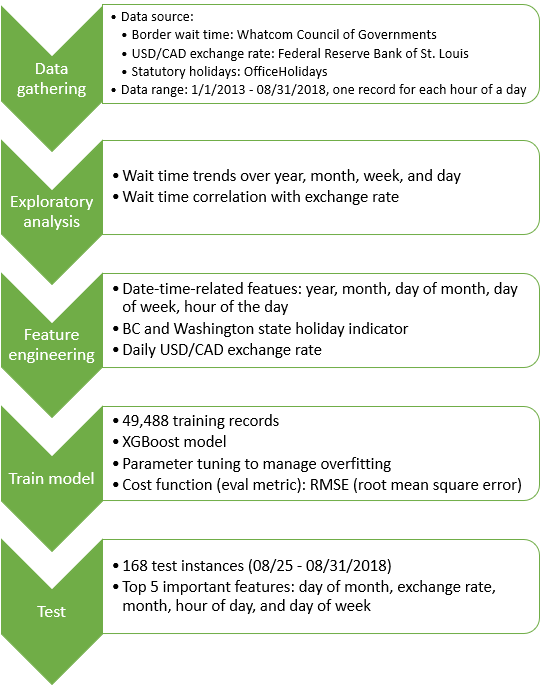According to the U.S. Bureau of Labor Statistics, 4.5 years is the average amount of time employees stay with their company today. It hurts an organization’s financials and morale , considering the amount of time they spend training. Can management learn from the past attrition and manage to reduce turnovers? Answer is yes. We will build some predicative models using the fictional IBM data set which contains 1470 employee attrition records.
This post is part of a series of people analytics experiments I am putting together:
- Job skill match (Recruitment )
- Employee attrition prediction (Employee Management)
- Pay gap by gender, ethnicity, profession (Employee Compensation) FUTURE WORK
- Organizational network analysis (ONA) FUTURE WORK






